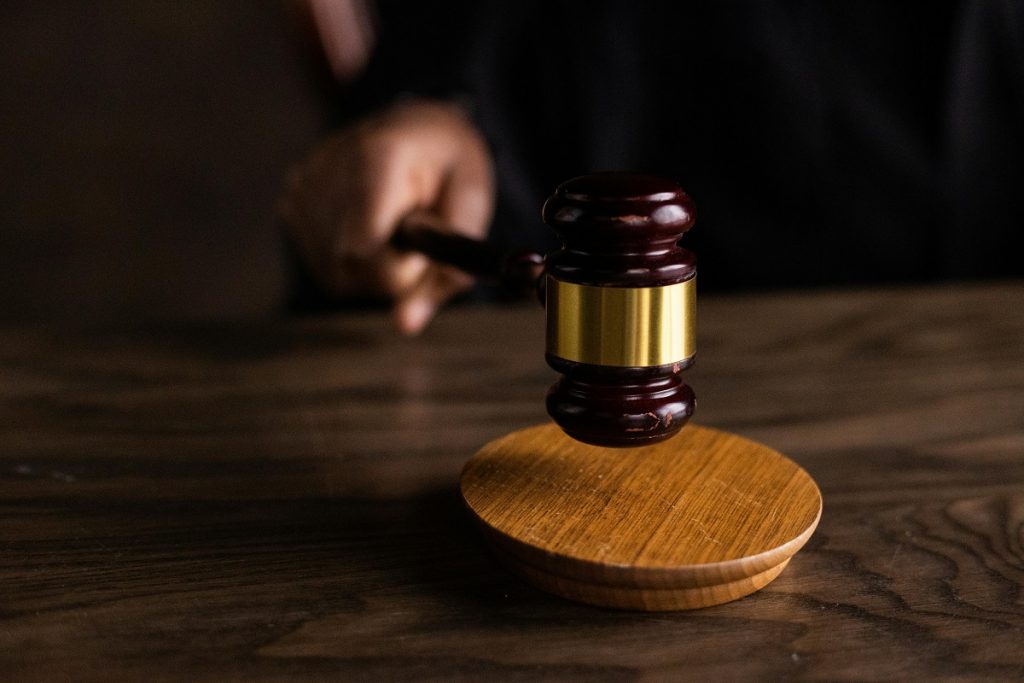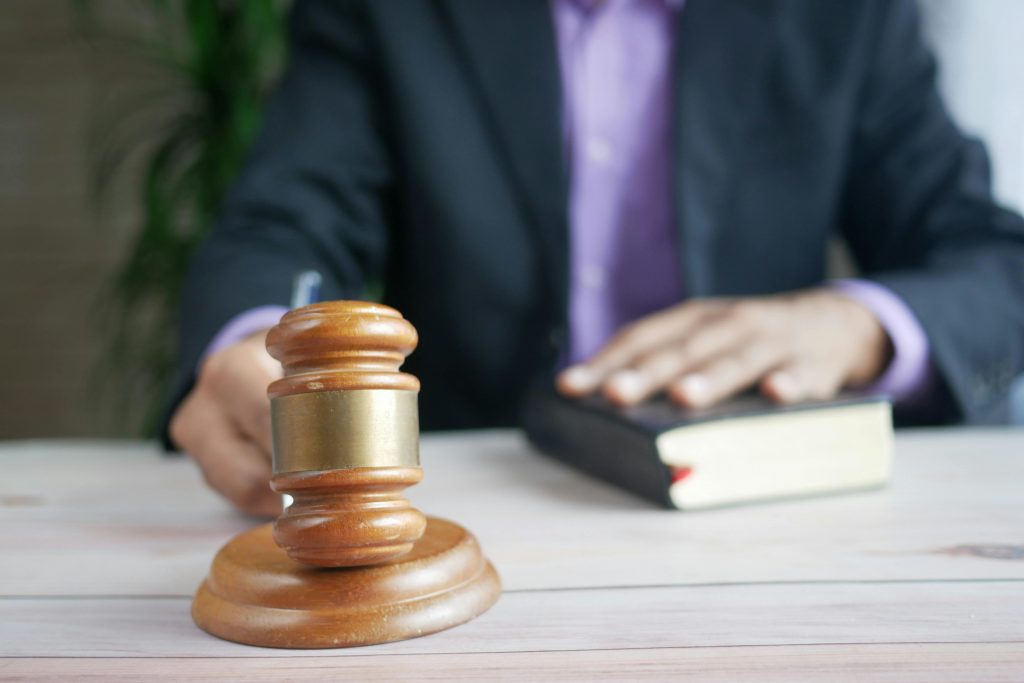

- Pre-trial hearings and depositions play a crucial role in setting the evidence and strategies that will shape the outcome of your case.
- It’s essential to know the balance between cooperation with legal processes and protecting yourself from self-incrimination through understanding legal boundaries.
- Discovery requests involve a strategic exchange of information between parties, which frame the legal narrative.
- The right to remain silent is a critical strategy in criminal and civil cases, preventing potential self-compromise when used appropriately.
The intricate corridors of the legal system can be as daunting as pivotal. To be informed of your rights and how to assert them should be known to the mass public. This blog post empowers you with an essential understanding of rights in the legal world, where anything can happen. It provides awareness and actions that you must equip before proceeding.
Knowing Your Rights
Fundamental Rights in the Legal System
The American legal system is founded on a robust framework that ensures individual protection. From the iconic Miranda rights to broader principles like the presumption of innocence, understanding these hallowed rights can tip the scales of justice in your favor.
In criminal cases, the right to a speedy trial, to confront accusers, and to a jury of your peers are cornerstones. Civil cases pivot on the right to adequate notice of lawsuits filed against you and the right to offer a defense and appeal unfavored verdicts.
The Importance of Due Process
This is the legal system’s central element, a multifaceted jewel that embodies fairness, notice, and the right to an attorney. It’s the bedrock of liberty that all legal proceedings, civil or criminal, must uphold. It ensures that you will be heard, that proceedings will be free from bias, and that you will have the opportunity to present evidence and challenge that of your adversary.
In practice, this means many vital actions, from receiving timely notice of hearings, being allowed representation, understanding what you’re accused of, and the right to a fair and impartial trial.
Understanding Legal Documents
The legal process often begins with paperwork – from the initial summons to the intricacies of affidavits. This legion of documents lays the groundwork for your involvement in the case, and understanding their implications is paramount.
Summons and complaints are the heralds of legal action, delineating why your presence is required in court. Affidavits, while not always needed, can be influential – sworn statements of fact that sway a judge’s ruling.
Protecting Yourself During the Process
During these processes, knowing the balance between cooperation with legal proceedings and protecting yourself from self-incrimination through understanding legal boundaries is crucial.
Navigating Out-of-State Evidence Gathering
Crossing state lines can further muddy the legal waters, especially when evidence must be collected from afar. Domesticating subpoenas nationwide expands the chances of providing vital information due to its far-reaching effectiveness. Seeking legal counsel on these various procedures is as important as the evidence these subpoenas seek to obtain.
Importance of Legal Representation
Your choice of legal representation is a beacon in the storm of legal proceedings. Attorneys come in various forms, each with their own areas of expertise. From criminal defense lawyers to corporate litigation specialists, the key is finding someone who knows your case’s specifics.

Communication with your attorney is the central piece of this relationship. Honest and open discussions cannot be understated since they ensure they have the full breadth of information necessary to advocate.
Understanding Court Procedures
The peak of the legal process is often the courthouse, where a refined ballet of procedures must be navigated. Pre-trial hearings can set the stage for what evidence will be admissible and shape the strategy of your case. Depositions are pivotal moments for both sides – your opportunity to give your account of events under oath.
Maintaining Control Throughout
With the stress and alienating factors, someone new to the courtroom might be intimidated. The following information eases the effects of what can happen to you in the case period.
Exercising Your Right to Remain Silent
The right to remain silent is a potent tool when wielded judiciously. While it’s often associated with criminal cases, it is relevant in civil proceedings, where an ill-thought statement could compromise your position. Learning when and how to invoke it is fundamental.
Knowing Your Limits
There’s a delicate balance between cooperation and self-incrimination. Understanding what information you must provide and what you can ethically refuse is critical in safeguarding your interests.

Specific actions may be legally compelled, while others can be tactically strategic.Your attorney will guide you in these critical distinctions, but understanding them at a base level is empowering.
Understanding Discovery Requests
Discovery is the exchange of information between the parties involved in a case. This covers a broad spectrum, from document production requests to interrogatories – written questions focused on the case’s specifics. How to respond can significantly shape your legal battle’s narrative and life cycle.
The legal system can be complex, but understanding your rights empowers you. Knowing how to handle your obligations is equally critical – you shouldn’t have to learn the hard way during a trial. The more you understand, the better you’ll be able to navigate the legal process successfully. Your attorney will be your partner and guide throughout this journey, but having a basic understanding of your role can make all the difference in achieving a favorable outcome.